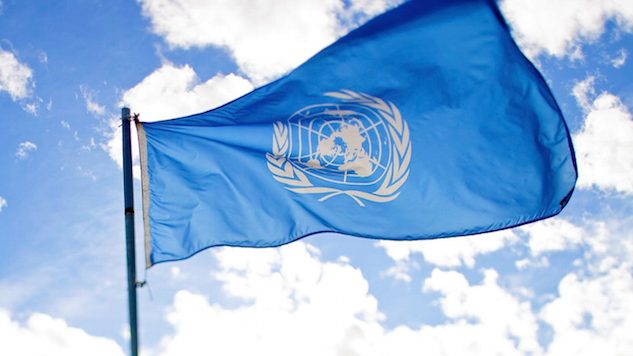So, You Want to Be a Space Lawyer

Imagine this Hollywood pitch: It’s a TV show like Ally McBeal … but in space! This might seem far-fetched at first, but “space law” is poised to become a very big deal. Why not be your own Space Matlock? Space law could be a great career opportunity for legal eagles who want to “slip the surly bonds” of Earthly law.
Space law is not even a brand-new field. Space legislation has been an official global concern since the 1950s. Laws governing airspace date back to the early 20th century, but those laws were not sufficient in covering outer space issues.
As space exploration turns from a mainly scientific pursuit into a big business, regulations will become more important to protect everything from humans on Earth to life on other planets and every business interest in between.
Prior to the Elon-Musk-championed Space Captains of Industry Era, space law was mostly concerned with keeping space neutral (and safe). For example, according to the seminal Outer Space Treaty of 1967 and the subsequent Moon Agreement of 1979, no country can own the moon, much less militarize it.
As technology advances and entities move on to colonizing and monetizing the solar system, space law will become even more complex. To understand where space law might go, it’s important to recognize its roots right here on terra firma.
A Brief History of Space Law and Earth’s First Space Lawyer
Space law’s origins are linked to the Space Race. While Sputnik 1 was launched in 1957, space law didn’t become official until 1959 when the United Nations formed the Committee on the Peaceful Uses of Outer Space (COPUOS) which is under the umbrella of the United Nations Office of Outer Space Affairs aka UNOOSA.
However, concerns about regulating space date back to when it became clear that mankind was destined for more than a few small steps across the Kármán Line, the internationally agreed upon border separating Earth’s atmosphere from outer space.
Andrew G. Haley (1904-1966) is thought to be the first ever practitioner of space law. After helping organize rocket company Aerojet in 1942—with none other than Theodore von Kármán of Kármán line fame—Haley became a founder the International Academy of Astronautics as well as the International Institute of Space Law in 1960. Haley even wrote the first book on the subject; Space Law and Government was published in 1963.
Haley is also the founder of space law’s sub-branch metalaw, which concerns itself with the mediation of alien races. Its core tenant is the Interstellar Golden Rule. Basically, according to Mr. Haley, if we should encounter an extraterrestrial species, we should treat them how we’d like to be treated. If niche law appeals, consider metalaw. You could one day be counsel to an otherworldly client.
So, What Exactly Does Space Law Regulate? Image courtesy of NASA
Image courtesy of NASA
Law is a moving target. Space law regulates everything from keeping Earth safe from extraterrestrial contaminants to keeping celestial bodies safe from Earthly contagions. What a bummer it would be to kill potential life on Mars with a contaminant from Earth. In fact, the Committee on Space Research’s Planetary Protection Policy is the precise reason the Mars rovers were not allowed to investigate the planet’s liquid water when it was confirmed in 2015. A rover is much less germy than a meat popsicle, so who’s going to protect Mars when we dirty humans land on the planet? Space lawyers, that’s who.
-

-

-

-

-

-

-

-

-

-

-

-

-

-

-

-

-

-

-

-

-

-

-

-

-

-

-

-

-

-

-

-

-

-

-

-

-

-

-

-









































